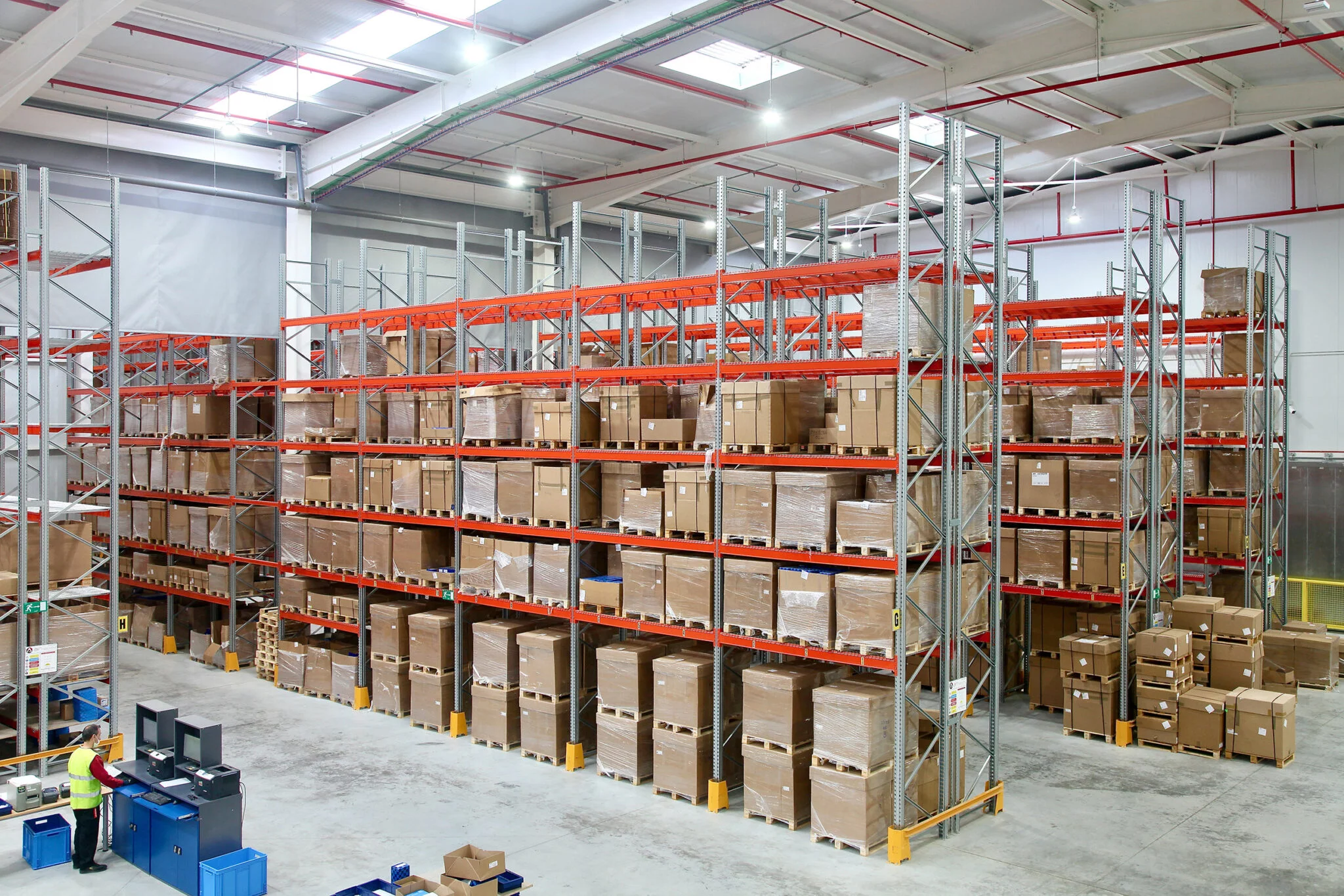Infinium Logistics, a global logistics solutions business, announces that it has hired L&G’s Tom Gough as Investment Director; former Deliveroo, Amazon and Gett legal heavyweight, Chris Fletcher as General Counsel; and Amazon’s Ben Clark as Acquisitions Manager.
The three strategic hires follow the successful launch of Infinium’s debut property investment fund – GreenPoint Infinium Holdings LP. The world’s first dedicated EV fleet charging real estate fund, it was oversubscribed by investors and provides £500m in firepower to invest in FleetHubs – a new sustainability-focused asset class which combines commercial real estate and low carbon energy infrastructure to drive efficiencies and create a better working environment for last mile delivery service providers.
Tom Gough joins the business to lead its property investment strategy, overseeing its real estate origination team and sourcing FleetHubs sites across Europe. With over 12 years’ experience in the real estate sector, Tom was previously Senior Transactions Manager for LGIM’s (Legal & General Investment Management) Real Assets Platform. Working across all funds but more recently focussing on industrial property transactions, Tom sourced deal pipeline for its c.£22bn billion portfolio of UK real estate equity fund on behalf of institutional and retail clients, including its award-winning Industrial Property Investment Fund (IPIF). Prior to joining Legal & General, Tom was at Cushman & Wakefield.
Chris Fletcher has joined Infinium as General Counsel. Chris brings around twenty years of international legal experience to the team, having trained as a lawyer in the City and then worked in senior positions within leading technology-backed global logistics and fleet organisations including Amazon, Deliveroo and Gett. He has extensive experience in rapid growth environments, building and scaling the legal and compliance functions in the technology, real estate and asset management sectors.
Ben Clark has joined the platform as Acquisitions Manager, in a newly created role dedicated to sourcing and acquiring sites for the development of EV FleetHubs and HGV truck stops. With eight years’ real estate transactions and leasing experience, Ben has previously worked for Amazon, CWM (recently acquired by CBRE) and KLM Retail.
Phil Bayliss, CEO of Europe, Infinium Logistics, commented: “With these hires Infinium takes a big step forward in our transactions capabilities and ability to secure innovative deal pipeline as we seek to deploy capital into the market quickly to capture the once in a generation conversion of transport spend into real estate. I am delighted to welcome Tom, Chris and Ben to the team, they bring with them significant experience in sourcing on and off-market deal flow, structuring complex transactions and scaling platforms.”
Tom Gough, Investment Director, Infinium Logistics, said: “Having a baby in lockdown led me do a lot of thinking about the future and challenged me to be part of the solution for the climate problems we face today and the impact it will have on generations to come. Infinium has given me a fantastic opportunity to use my skillsets and experience to satisfy that brief. I’m excited to be part of an agile team with fresh ideas to develop a new asset class and facilitate the decarbonisation of supply chains.”
Established in 2019 and backed by GreenPoint Partners, Infinium Logistics is a Global Logistics Solutions Business with a mission to Decarbonise, Electrify and Optimise the last and middle mile e-commerce space. Responding to the challenges of rising ecommerce, climate change and the geopolitical energy crisis, and as a market leader in ESG, Electric Vehicle (“EV”) transition and renewable energy technologies, Infinium is helping to reshape today’s industrial estate composition and address the severe global shortage of secure parking and clean fuel areas.
Infinium’s property investment fund is seeking sites of over 1.5 acres in key industrial locations across Europe that are situated within a ten-minute drive of its clients’ occupational requirements. Offering excellent grid access, each hub will include a development plan to support its clients EV transition strategies. A 500-vehicle fleet driving one less mile per route, per day is equivalent to around 2,400 trees. With the UK and many European countries having committed to transitioning to EV by 2030, and with over 200 cities in Europe operating Low Emission Zones where polluting vehicles are banned completely or charged fees, fleet and logistics operators cannot afford not to have a transition strategy in place.






